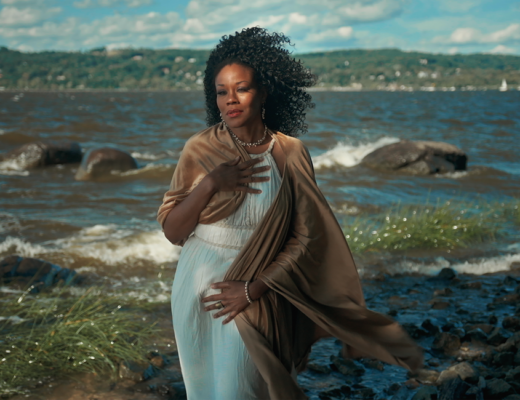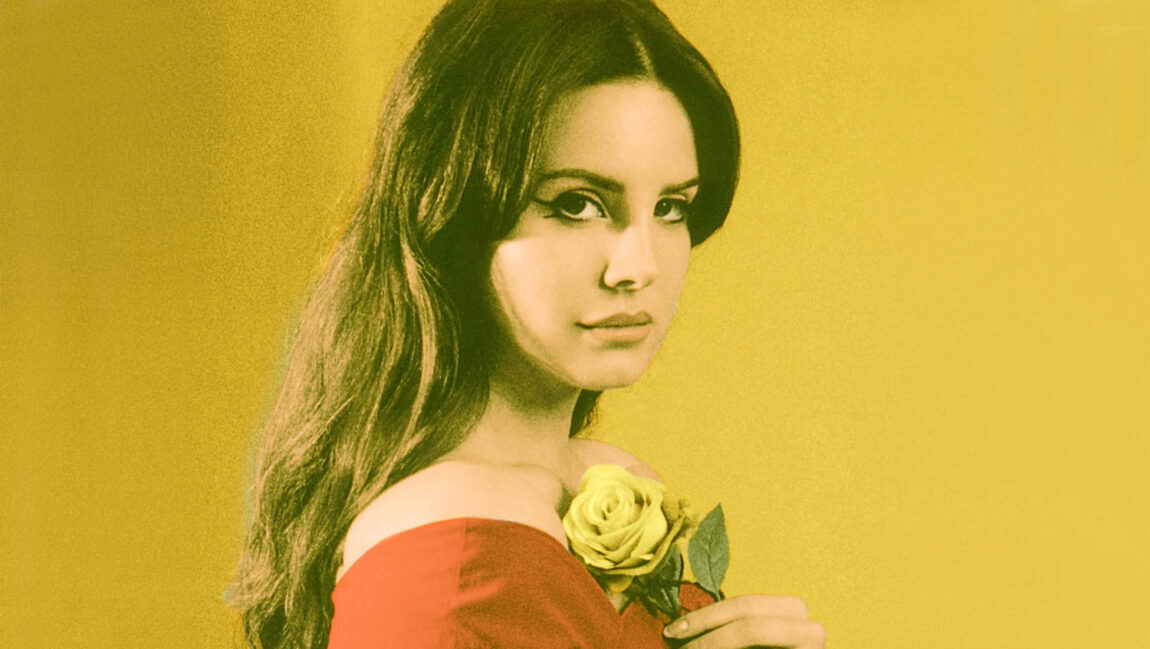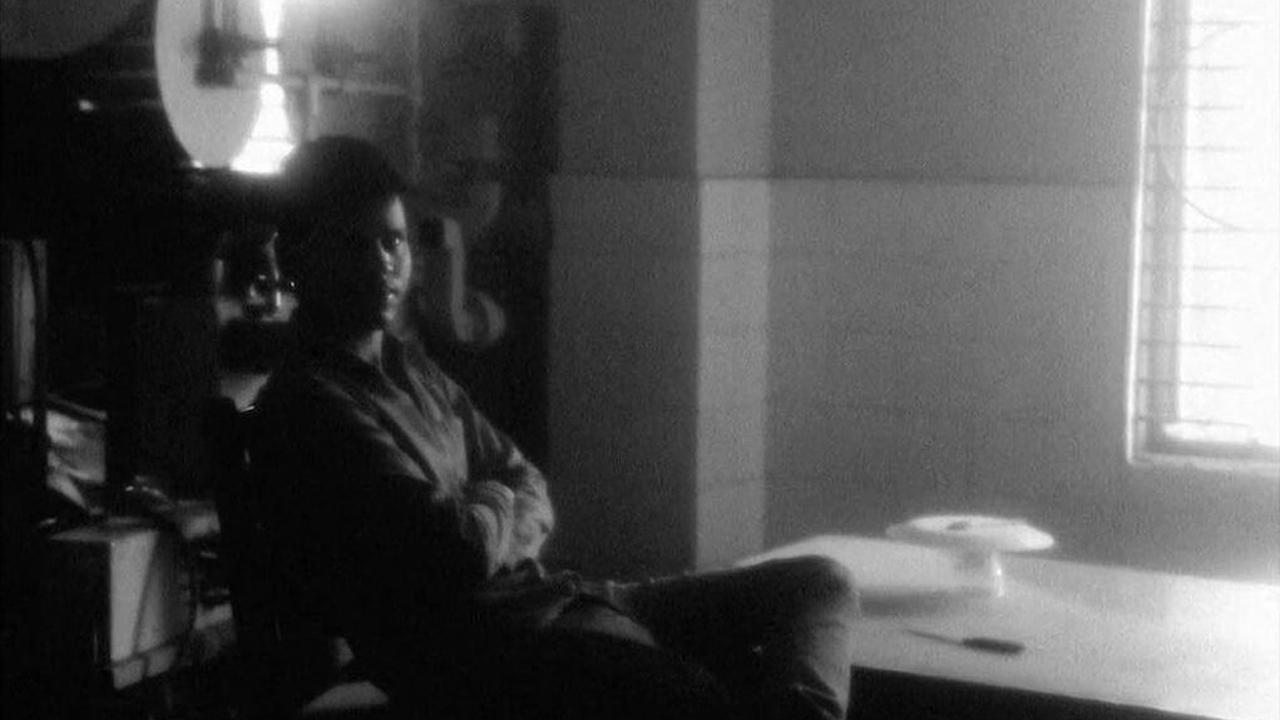Andrea Arnold is not without talent, but she has some of the worst instincts of any allegedly major director. Take Fish Tank, for example. Not only does the film feature an honest-to-goodness fish tank, but the young protagonist continually posts hip-hop dance videos of herself, hoping to be discovered and rescued from poverty. See? She’s reduced to a spectacle to be observed behind glass. Or in American Honey, a group of wayward teens travel the country conducting a magazine-subscription scam, which Arnold presents as if it were an act of punk defiance. Are we still pretending that the hustle is transgressive, and not just an even bigger scam perpetrated against the working poor?
Bird, Arnold’s latest, is yet another dip into carefully art-directed British destitution. In the opening scene we’re introduced to Bailey (Nykiya Adams, a strong newcomer), standing on a bridge using her phone to record flying birds. (The bird somehow stays in the center of her shot even as we see her holding her phone still.) Then, lo and behold, a highly symbolic seagull walks right up to her. “Hey! I’m a symbolic bird! Squawk!” It seems that Arnold’s admirers appreciate that she departs from the Ken Loach/Alan Clarke template of council-flat realism, but she inflects that televisual style with dollops of magic realism that never quite gel with the rest of the project, making these fillips seem like special pleading. Strip away the coming-of-age restlessness and culture-of-poverty apologetics, and what we have here is really just a grungy, shaky-cam version of Pete’s Dragon, where a mysterious stranger (Franz Rogowski) with a hidden supernatural alter-ego — he flies! — shows up to protect a child living in squalor and relative neglect.
At first it seems like her dad Bug (Barry Keoghan) is going to be the problem. But then the story shifts to Bailey’s mother (Jasmine Jobson) and her three small siblings, all endangered by Mom’s latest violent drunkard boyfriend. When Bailey feels empowered, a white bird follows her movements and even seems to respond to her needs. (It helpfully delivers a message to Bailey’s brother’s boyfriend.) But when trouble is brewing, a black crow starts shadowing her instead. What’s most disappointing is that Bird has a few graceful moments, mostly having to do with paternal tenderness and unexpected bursts of celebration. (A Coldplay sing-along, one that begins ironically but ends in sincerity, is a cute interlude that recalls the “Tiny Dancer” scene in Almost Famous.) But Arnold is so besotted with her very particular image of Britain’s urban poor that, despite her best intentions, Bird is classist and condescending. The United Kingdom’s not perfect, but it deserves a better grade of auteur.
Published as part of TIFF 2024 — Dispatch 4.







